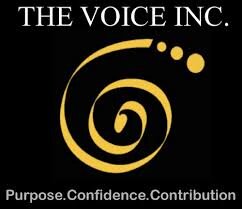Our Operating Environment
Papua New Guinea is at a critical stage in its journey of nationhood.
Unlike other neighbouring countries, PNG’s diverse cultural practices, traditions and languages makes it one of the most complex environments in which to forge a common national identity. This is further complicated by PNG’s colonial history and the adoption of a bureaucratic administration that continues to struggle to deliver services for inclusive development.
Whilst retaining may of its social and cultural strengths, the impact of modernization has seen an onslaught of social challenges that are breaking the fabric of the nation. The programs range from violence and conflict to growing inequality, urban crime and sexual violence against women and children.
PNG is blessed with an abundance of economic potential with a wealth of natural resources including significant oil and gas reserves, fisheries, forests, arable land and beautiful natural environment. Yet continued resource extraction has led to the degradation of the natural environment, land grabbing and displacement of rural communities that rely on the land for their survival.
We find it unacceptable that:
With a country so rich in resources, we continue to lag behind on the United Nations Human Development Index with a very low ranking of 156 out of 187 countries
PNG has one of the highest maternal mortality rates in the world and 5,000 babies die in the first month when 2 out of 3 of these deaths are preventable
PNG ranks at the bottom of all pacific countries for all WASH related health statistics with over 6,000 diarrhoeal deaths per year
Only 13% of the population have access to some form of electricity whilst 87% remain in darkness
A growing urban population continues to face the problem of non-communicable diseases such as diabetes, cancer and obesity when we have an abundance of quality fresh food
PNG has some of the highest rates of violence against women with an estimated 2 out of 3 women experiencing violence in their lifetime
PNG’s adult literacy rate is regarded as one of the lowest in Asia and Pacific with a literacy rate of 56%
In 2017 PNG was ranked as 143 out of 183 nations in the corruption perceptions index
Underlying this dire situation is a growing discontentment at the lack of citizen’s voice into formal spaces of decision making and policy development. The 2017 elections were mired by allegations of unprecedented violence and fraud. There is a cry from the people for political leadership that is accountable, transparent and inclusive.



